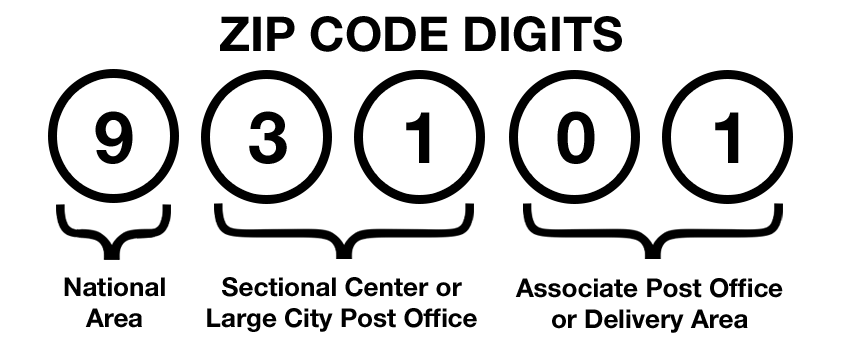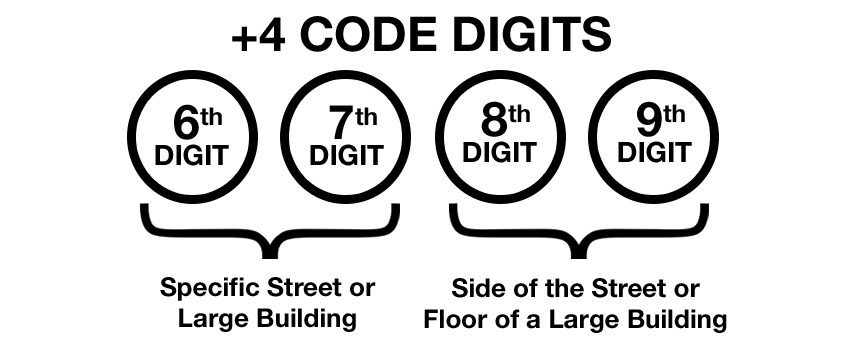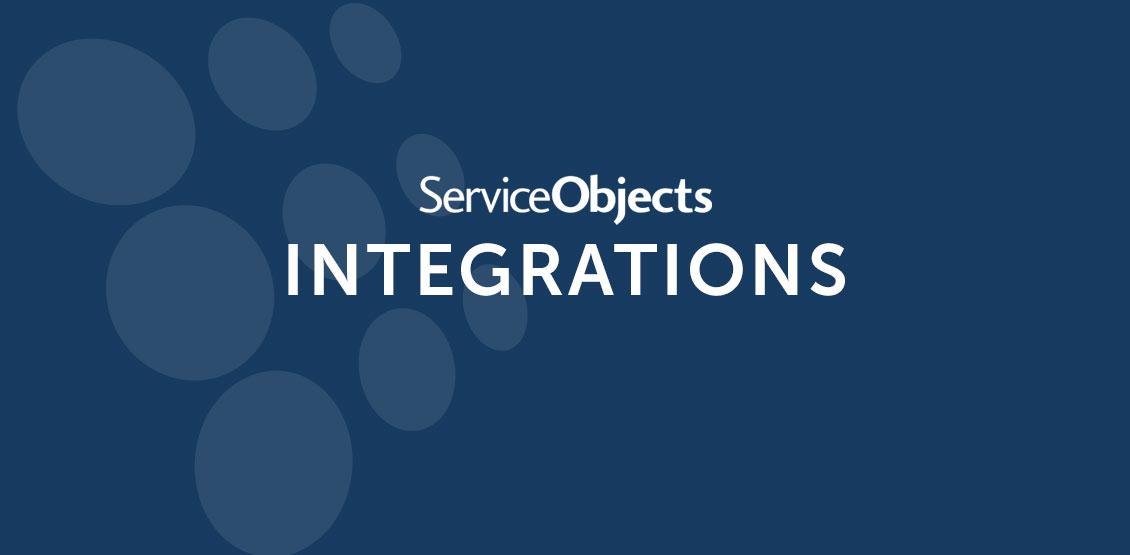The United States Postal Service (USPS) has an acronym for almost everything and this leads to some pretty interesting conversations around the Service Objects’ water cooler. You might overhear our Director of Engineering saying, “I was surprised to see the RDI was ‘residential’ but SLK still returned a suite number” or “I was really happy to see their UAA rate drop below 1% with our validation service.”
Yes – we are address-validation geeks and we want to talk with everyone about it. So we put together this short primer on USPS acronyms, what they mean and why they are important. For us, it starts with being CASS-certified.
Coding Accuracy Support System (CASS)
CASS stands for the Coding Accuracy Support System (CASS). It was developed by the United States Postal Service as a certification process designed to improve accuracy in the mailing industry by helping developers improve and maintain their address validation software.
CASS evaluates and measures the accuracy of address matching software in the following areas:
- 5-digit ZIP coding
- ZIP+4 coding
- Carrier route coding
- Delivery Point Validation (DPV)
- Residential Delivery Indicator (RDI)
- Locatable Address Conversion System (LACS)
- SuiteLink (SLK)
- Enhanced Line of Travel (eLOT)
To achieve CASS-certification, the software must pass a two-stage test and achieve a score of 98.5% or better in matching accuracy.
The Two Stages of CASS Testing:
Stage I is a self-administered and generally used to help developers test and diagnose their address matching software against a provided list of 150,000 test addresses. This is generally used to measure and see where your software can be improved before moving on to Stage II.
Stage II uses a test file supplied by the USPS with 150,000 static addresses that present more difficult use cases for correction and address matching. The results are graded by the USPS’ CASS department and certification is granted on accuracy scores above 98.5%. The USPS charges a fee for the certification process.
We are proud to say that our DOTS Address Validation – US service has achieved a score of over 99% for the past 10 years.
But don’t stop at CASS. If you really want to catch our attention, pull out some of these key terms and facts at the next Service Objects holiday party:
Zone Improvement Plan (ZIP) and ZIP+4
Although ZIP code might seem pretty ubiquitous with addresses now, you might be surprised to learn that it has only been around since 1963. The ZIP+4, which added 4 additional digits after the ZIP code for even greater address accuracy, has only been in place since 1983. Our address validation service ensures accurate ZIP+4 coding, and when combined with carrier route coding, results in significant postal discounts and stronger delivery rates.
Do you know what each number in your ZIP code represents?


Want to bring some obscure ZIP code facts to the party, check out “Fun Facts About ZIP Codes“. (Good luck getting the ZIP code song out of your head!)
Delivery Point Validation (DPV)
DPV is a product provided by the USPS that determines whether an address with a ZIP+4 currently exists within the USPS’ delivery dataset. Said another way, it determines if an address exists and can receive delivery from the USPS. It is one of the core elements when seeking CASS-certification.
Residential Delivery Indicator (RDI)
RDI is another product provided by the USPS and indicates if an address is classified as ‘business’ or ‘residential’. This was specifically designed for shipping packages or parcels and allows for more accurate and cost-efficient shipping practices, especially to businesses.
SuiteLink (SLK)
This USPS product enables customers to improve their business addressing information by appending known suite information to a business address. This is used to help better sort and improve delivery ‘sequencing’, especially in high-rises and office buildings, which results in less expensive postal costs. This product cannot be used as a standalone process and must be included in CASS processing (and is part of our Address Validation – US service).
LACSLink (LACS)
The USPS offers the Locatable Address Conversion System (LACS) product to convert rural-style addresses to city-style addresses. This is especially important for the delivery of emergency services and primarily arose from the implementation of the 911 system. The information has also benefited mailers, as it can be used to derive more accurate and deliverable addresses from rural addresses, reducing duplicate and undeliverable mail and packages.
Enhanced Line of Travel (eLOT)
The USPS eLOT product allows mailers to sort their mailings in carrier-casing sequences. For those who do not speak USPS-ese, eLOT contains a number, which indicates the first occurrence of a delivery made within a mail carrier route, which can be used to presort your mailings. The more presorting you can do, the better your mailing rate discounts.
Commercial Mail Receiving Agency (CMRA)
CMRAs are private businesses that accept mail from the USPS (and other delivery services) on behalf of recipients. There are both larger ones you may have heard of like, The UPS Store and FedEx Kinkos, and many, smaller, independent businesses that provide the same services.
CMRA’s offer ‘private mailboxes’ (PMB), not to be confused with post office boxes (PO boxes), which are provided by the United States Postal Service. PMBs can also accept deliveries from non-USPS, commercial delivery services like UPS, FedEx and DHL. Our address validation service can help identify when these types of boxes are being used.
Undeliverable-as-Addressed (UAA) Mail
UAA mail is our mortal enemy and where it all got started for Service Objects!
UAA mail is all mail that cannot be delivered to the name and address as specified on the mailpiece. UAA mail must be either, forwarded, returned to sender or properly treated as waste. UAA results in substantial costs to businesses, the USPS (which ultimately get passed on to consumers), the environment, and customer satisfaction.
Although there are a number of reasons that mail may be Undeliverable-as-Addressed, over 86% of it is correctable. Our services can improve and correct insufficient address details and even help identify a vacant premise/lot.
Change-of-Address (COA)
Which naturally bring us to the last acronym of the day, COA. Besides validating and correcting bad addresses, detecting and replacing a change-of-address is one of the best ways to prevent the dreaded UAA designation. The USPS provides NCOALink, their change of address dataset, that tracks approximately 160 million permanent change-of-address records for both residential and businesses. Our DOTS NCOA Live service is a simple-to-implement API that provides secure access to this data, so you can keep your addresses up-to-date, ensuring your mail reaches your intended target, without delay.
We Speak the ABCs of Address Validation
Our flagship address validation services bring together all of the above USPS products, combines them with our proprietary AI, additional datasets and expertise, to create a simple-to-integrate API that corrects, standardizes and verifies US addresses. We also have services for Canada and International addresses.
Want to try on your new-found address validation vocabulary or have questions about one of our services? Drop us a note or give us a call, we would love to chat!













